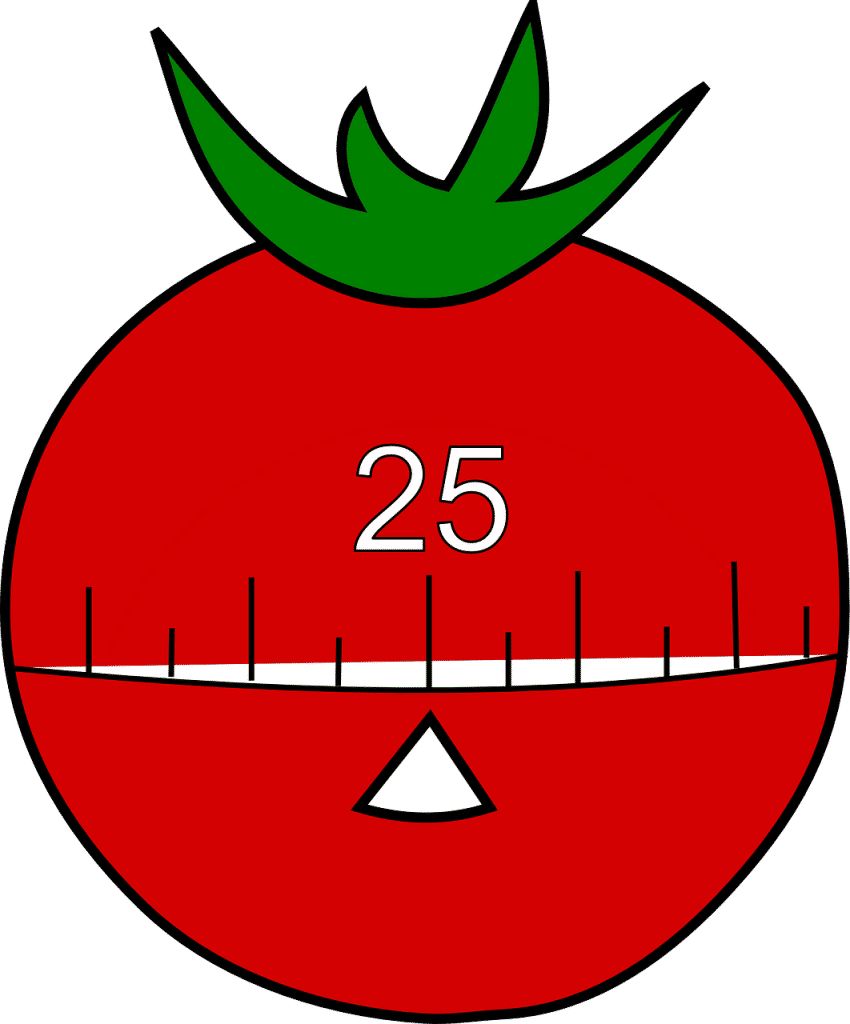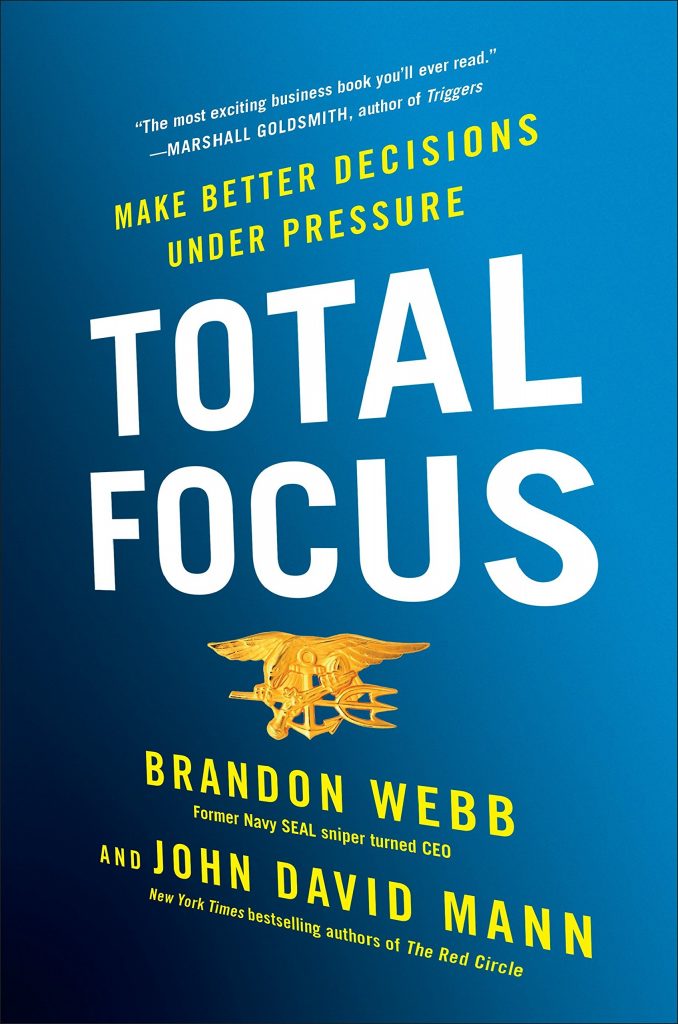If you want to work with the utmost focus, you must have a timer ticking in your ear. Feel its regular, robotic rhythm. As a result of this artificial imprisonment, you will increase your work efficiency.
Even though it may sound utterly monotonous, living each day by the tick-tock of the productivity clock is rather blissful.
And that’s for a good reason, too.
Despite being aware of the Pomodoro technique (25-minute timer), I did not always take advantage of it. Instead, I worked long, laborious days with no foreseeable end.
Since then, I have timed my work habitually such that my work efficiency has increased dramatically.
insert_linkWork for Longer, with More Focus and Concentration
When you’re working without the assistance of any sort of timer, you are left without a sense of time. There’s no pressure nor movement, so you’re just drifting, blindly.
Time will fly by.

This is inherently detrimental because, at the end of the day, we’ll all be asking,
“Where did your time go?”
However, as soon as you implement a timer into your productivity system, things will begin to change…
Most obviously, the presence of a condescending timer can induce a form of time-pressure: upon you, there grows a sense of accountability for the work you are about to undertake.
Because you want your recorded time to reflect real work, you will be forced to increase your working efficiency in order to satisfy the timer.
Tick-tock, tick-tock, tick-tock…
Feel the pressure yet? I thought so.
Quick — the timer’s watching! Get back to work!
And so on.
Dedicate time for focus: How to Organise Your Time at Home (with Compartmentalisation)
insert_linkThe Power of Taking Breaks: Define When Your Work Ends
Paradoxically, if you want to work efficiently, you must allocate time to stop working.
This is what a timer can do for you, and it can do it pretty well.
For you see, after a while — about 25 minutes — your attention starts to decline. Consequently, the shattered focus takes the tyres from beneath your car. Now you need to burn more fuel to cover the same distance.
However, this could be worked around as long as you give your brain time to mentally recover; recharge your battery hence your levels of focus and concentration.
Based on this fundamental idea, Francesco Cirillo’s Pomodoro Technique involves recurring intervals of work and breaks. Here is how the rhythm rolls:
- 25 minutes of undistracted, focused work — “one Pomodoro”
- A short break between work sessions
- A longer break every four Pomodori, taking 20 or even 30 minutes
I, personally, work on a foundation of short breaks of five minutes and long breaks of fifteen minutes. Despite this, ten Pomodori (plural) of work will take something like seven hours, rather than the expected five hours and twenty minutes.
But this “inefficiency” is acceptable because I build it into my productivity system; the extra time is actually better for increasing my work efficiency though sufficient mental recovery time.
Action item: start planning your day in terms of Pomodori and use a tool such as PomoDone to time yourself with the Pomodoro Technique.

insert_linkStop Messing Around and Get to It!
Another benefit of employing a timer for every work session you do is its anti-hesitation effects. After administering a sense of accountability, a timer will motivate you to destroy procrastination, hence increasing your work efficiency.
Let me tell you a little story:
On the day of writing these words, I had a woeful productivity crash myself; the regret and guilt compounded into an unstoppable force of resistance. So, I failed to get any meaningful work done.
However, realising I needed to provide you with some useful information before too late, that changed.
What happened? In essence, I merely hit the start button of my Pomodoro timer before the day was up.
Henceforth, the artificial pressure of the “tick-tock” machine deposited me in front of the helm of a sinking ship. Now, I had to act. As a matter of fact, that caused me to continue to crank out some work in the face of adversity.
Your situation may not be as extreme, though, because timing improves work efficiency even on the good days:
I often try to make sure everything is right before I start working, for example, by getting out all the necessary equipment. Seeing that this is a part of the work process, this practice of delaying the timer is ridiculous!
Don’t be frightened of the timer!
Rather, increase your work efficiency even at the preparation stage by overcoming all doubt and just pressing the button. Do it!
Action item: whenever it is time for work, don’t think; just start your timer. This is not difficult, even when you are attempting to break out of a cycle of procrastination.
insert_linkYou Must Always Time Your Work — No Exceptions
One of the biggest productivity mistakes I made last year is failing to make work timer exclusive.
That is to say, I would always be making these exceptions where I would work continuously without any breaks or timers. Admittedly, these workdays were short (albeit highly inefficient).
Frequently, I would also fall into the trap of avoiding the timer purely because of the pressure it brings;
The resistance takes over and does not want to face the reality of time being finite. It wants to ignore the consequences.
Though, if you notice, this is a problem in itself which can be solved by overcoming your weakness and starting that timer.
Moreover, I used to commit the wrong of engaging in work activities during my relaxing time (at the end of the day). While these activities were perhaps not as intense as other work, they were work-related, nonetheless.
The trouble with this is, without a timer, this type of work is uncontained. Therefore, it is a particularly rich catalyst for getting carried away.
By limiting all work activities to timer-based sessions, though, and you’ll find you have much more control over your life: either there’s a Pomodoro or not, for example.
When work never ends: How to Stop Getting Carried Away in a Task and Delay It
insert_linkDon’t Let the Idea of an Incomplete Timer Scare You

But what if a task won’t take a full 25 minutes when there are no more tasks after it? What if you know that you’ll be interrupted before the timer is up?
In cases like these, I’ve been guilty of not bothering to start the timer. But then my expectations may fail me, and I end up working past 25 minutes. Needless to say, I do not have the pressure of the tick-tock either.
Looking on from a different perspective, you may want to do full time tracking for accurate statistics if you’re using some software.
Therefore, in any case, the safest thing to do is to start a timer anyway and always. After all, you can’t predict the future.
insert_linkConclusion: Tick-Tock = Increased Work Efficiency
In conclusion, there is never a reason not to set a timer when you work. And, yes, that applies even if you expect to finish before the timer is up.
Not only does it formalise your work sessions, but it improves your focus, deters procrastination, and allows you to be sustainably productive. Also, having a definite end in sight is a brilliant encouragement for top-notch, unfragmented work.
These breaks equally improve your work efficiency, especially if you are a follower of the Pomodoro technique.
Not to mention, being able to track your time and see how many Pomodori you get done is the catalyst of satisfaction for positive encouragement!
insert_linkMy Book Recommendation of the Week
Still struggling and facing resistance? If so, consider looking at this productivity book:
Total Focus: Make Better Decisions Under Pressure
Then you can reply to this in the comments:
How do you get into the flow of work?



